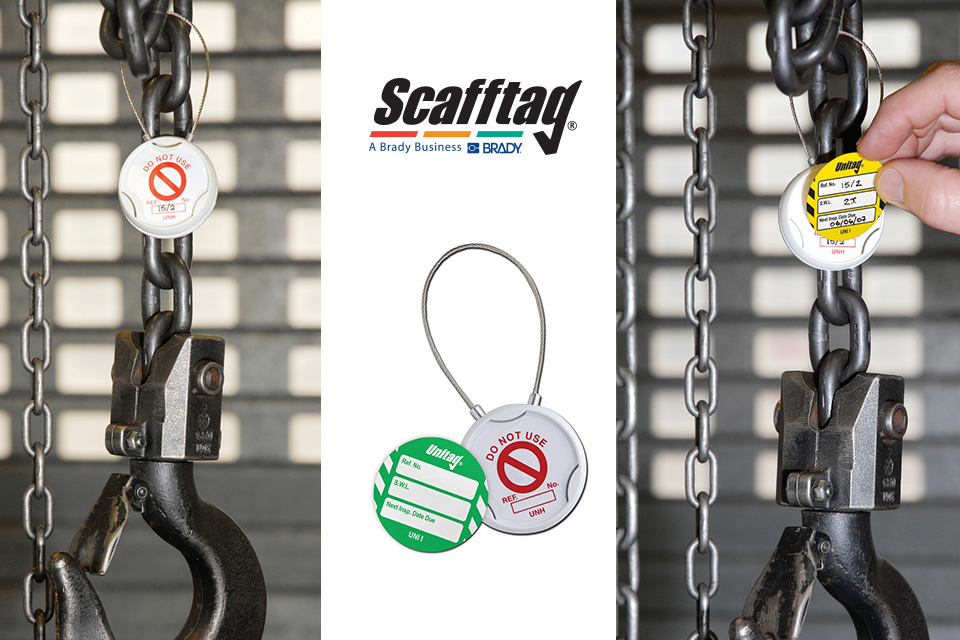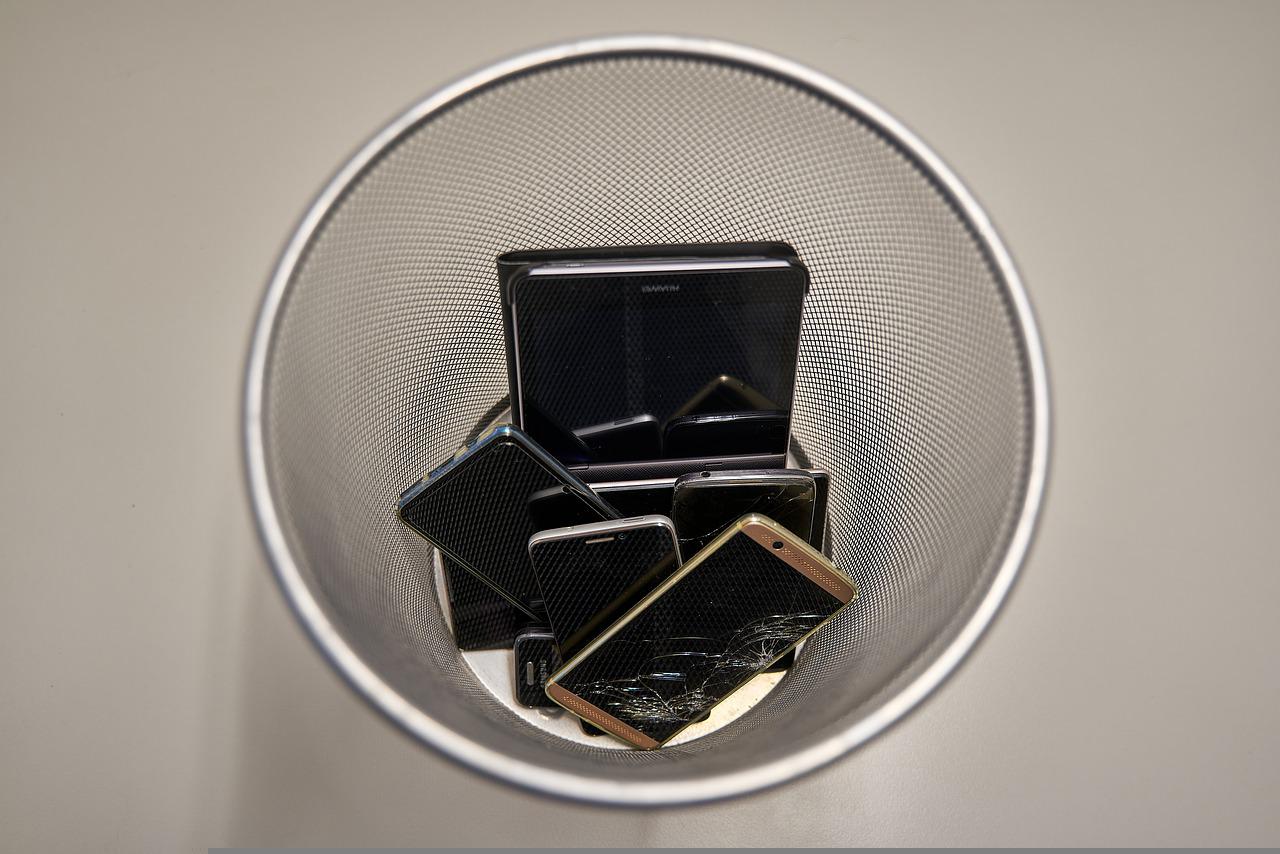E2open Parent Holdings, Inc., the connected supply chain SaaS platform with the largest multi-enterprise network, and Shippeo, a global leader in real-time multimodal transportation visibility, have expanded their partnership to provide clients with a new level of native real-time transportation visibility (RTTV) and supply chain execution management in a unified global platform.
Building on the success of the companies’ strategic partnership announced in 2020, the newly expanded partnership unlocks additional value for clients by combining an unprecedented level of transportation visibility into e2open’s full range of supply chain planning and execution capabilities, for all modes and all geographies.
Beyond simply alerting shippers to a transportation delay, the platform enables users to “peer” inside the truck or container to understand the specific goods being moved, how transportation performance will impact the customer experience, and most importantly, proactively take the best corrective action. This level of control at global scale enables enterprises to improve efficiency, reduce waste, and operate more sustainably across even the most complex global supply chains.
“We are thrilled to take our partnership with Shippeo to the next level to increase value for our clients, with the broadest and deepest real-time transportation visibility made available natively in e2open’s connected supply chain platform,” said Pawan Joshi, executive vice president, products and strategy for e2open.
“Adding Shippeo’s visibility to e2open’s platform is a game-changer for the industry because it allows clients to remove data and decision silos, to drive efficiency and sustainability across the ecosystem of partners as they make, move, and sell products and services. Importantly, this expanded partnership creates shared value for shippers, carriers, and forwarders to foster a healthy, agile, and effective supply chain ecosystem.”
Shippeo’s unique carrier-first approach to real-time multimodal transportation visibility – honouring full compliance with global data management regulations, operating on a strict ‘need to know’ basis, and a commitment against developing freight matching solutions – has made it the RTTV of choice for carriers. This strategy has helped Shippeo earn the highest carrier onboarding satisfaction of 98% and has been the key to rapid expansion across geographies and modes.
In addition, timely access to high-quality data results in higher-fidelity visibility as well as better predictive results, using innovative artificial intelligence and machine learning (AI/ML) algorithms. As a result, Shippeo is the only provider to guarantee ETA accuracy with a formal service-level agreement (SLA).
“Our expanded partnership with e2open offers transformative value to customers who will have not only real-time data and visibility to goods in motion, but also the control to take relevant action on one connected platform,” said Lucien Besse, chief operating officer and co-founder at Shippeo.
“Our relentless focus on customer experience, carrier satisfaction, and exceptional data quality has helped us carve out a leadership position in the global real-time shipment visibility market. This approach has led us to expand our partnership with e2open. Further combining our in-transit visibility data with e2open’s ability to plan and execute addresses the ‘now what?’ when exceptions occur, while proactively avoiding disruptions before they occur, all from one connected platform.”











